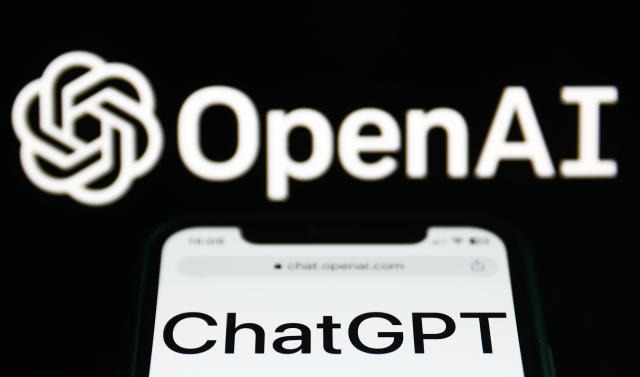OpenAI has announced the launch of “Deep Research,” an advanced AI agent designed to autonomously conduct comprehensive, multi-step research tasks on the internet. This innovative tool aims to streamline the process of information gathering and analysis, delivering detailed reports in a fraction of the time traditionally required.
Key Features of Deep Research:
- Autonomous Web Exploration: Upon receiving a user prompt, Deep Research navigates the web to locate, evaluate, and synthesize information from a multitude of sources, including text, images, and PDFs. This capability enables it to produce in-depth reports on complex topics within minutes, a task that might take human researchers several hours.
- Advanced Analytical Capabilities: Leveraging a specialized version of OpenAI’s forthcoming o3 model, optimized for web browsing and data analysis, Deep Research can interpret and integrate diverse data types to generate comprehensive insights.
While Deep Research represents a significant advancement in AI-driven information synthesis, OpenAI acknowledges certain limitations in its current iteration:
- Source Evaluation Challenges: The agent may encounter difficulties in distinguishing between authoritative information and unverified rumors, potentially affecting the reliability of its outputs.
- Confidence Calibration: There are instances where Deep Research struggles to accurately convey uncertainty, which could lead to overconfident assertions or understatements in its reports.
As of February 3, 2025, Deep Research is accessible through the web version of ChatGPT. OpenAI plans to extend its availability to mobile and desktop applications within the month, broadening access to this powerful tool.
Looking Ahead:
Deep Research is the second AI agent introduced by OpenAI in 2025, following the January release of “Operator,” a tool designed to assist with tasks such as creating to-do lists and vacation planning. These developments underscore OpenAI’s commitment to enhancing AI’s role in facilitating complex tasks and improving productivity across various domains.
As OpenAI continues to refine Deep Research, users can anticipate more accurate, efficient, and nuanced assistance in navigating the vast expanse of information available online.
Read more on Tech Gist Africa:
OpenAI launches a $200 ChatGPT subscription for research use
OpenAI unveils SearchGPT, a search engine powered by artificial intelligence














